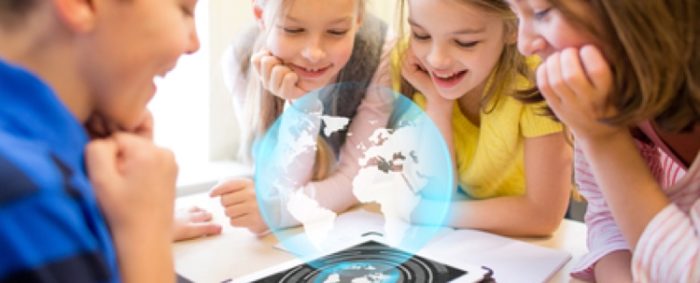Screentime in the #COVID19 Pandemic #DigitalParenting

So you’ve discovered the delights of chats via Zoom, Facetime, Skype, Houseparty, WhatsApp, Facebook Messenger or one of other communication apps that have become familiar options over the last few weeks! Think about the opportunities this has allowed you to continue to connect with family and friends, or, as I have found, even more contact […]
[MEDIA] Featured in @NewIdeaMagazine about ‘Digital Contracts’

I got a notification on Google Alerts that I’ve been featured in New Idea Magazine, described on their Twitter as ‘Australia’s most loved weekly magazine’, so pleased that my insights into the importance of family communication is getting out there (it’s clearly linked with The Times).
[SPEAKER] Raising Children in a Digital Age with @VineyardWA

This afternoon, I am presenting this to a group in West Auckland in Northumberland: Raising Children in a Digital Age for West Auckland Vineyard Church from Bex Lewis
Listening to @BBCWomansHour with @aliciablumross on #DigitalParenting

I was alerted to this programme about children and screen time, on earlier this week, and have just had the opportunity to catch-up on it. The blurb says: Getting children away from their screens can be a daily battle, but how much more difficult is it in the school holidays? We’ll be asking whether it […]
Is a #DigitalDetox a useful idea? #DigitalParenting #PremDac16

I’ve always had an interest in positive engagement with digital, and that includes the wisdom in what to share, what to engage in, and when to take time out… we should be ‘masters’ of our machines, and not the other way around. I’ve spoken at a number of (Christian) events about this, including back in […]
